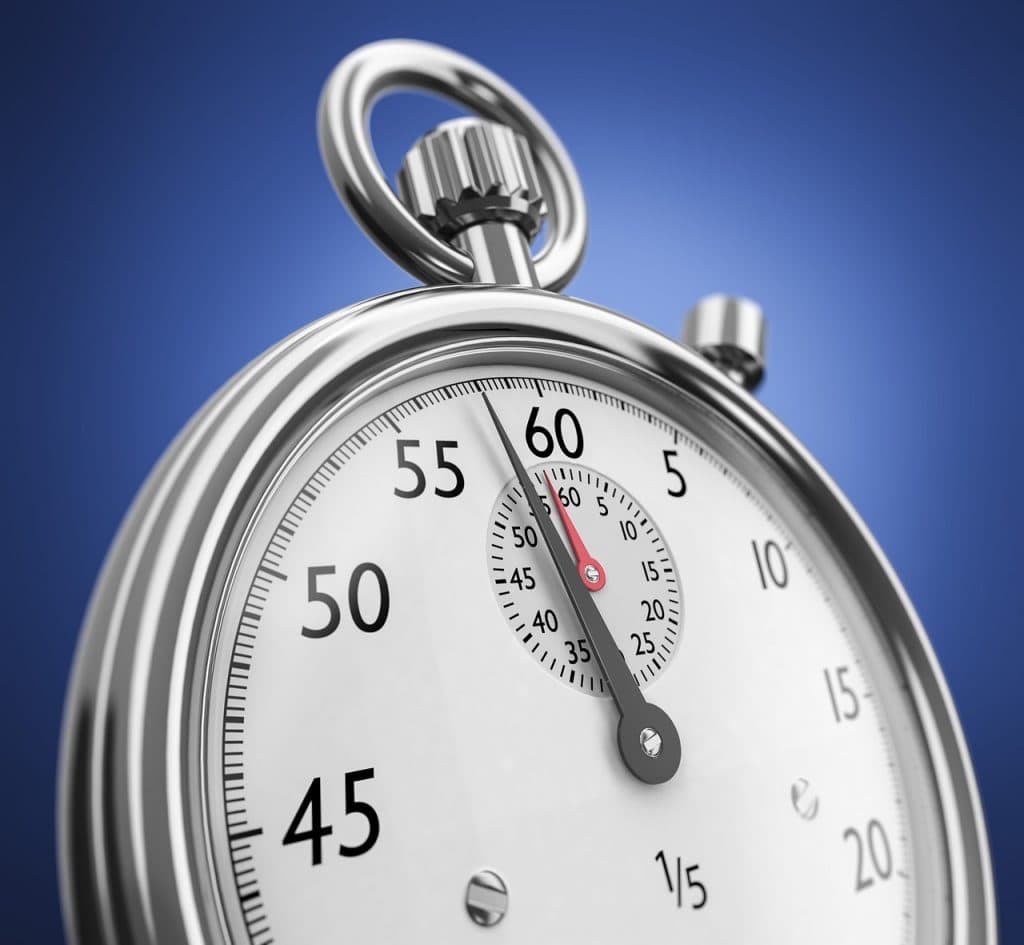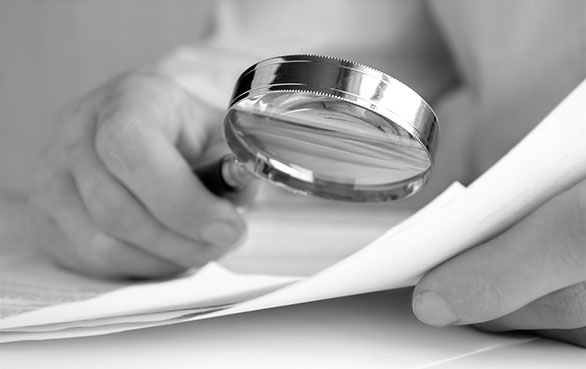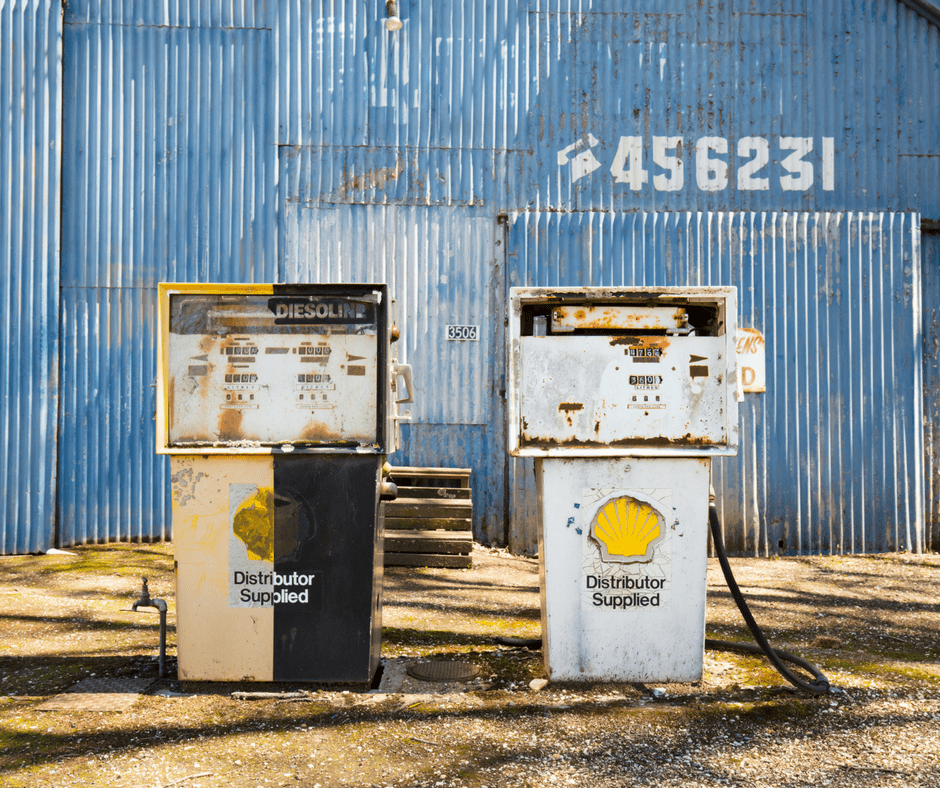Help for businesses affected by storms and floods
Financial support
We outline both state and federal financial recovery assistance for people impacted or affected by the recent NSW floods.
Please liaise with the relevant agencies directly and contact us if you require support in making an application for funding.
Small business and not-for-profit organisations
- Disaster recovery grant – up to $50,000 to help pay for the cost of clean-up and resuming operations
- Disaster recovery allowance – a short-term income support payment to assist if you’ve lost income as a direct result of the floods, provided by the Australian Government
- Stamp duty relief – for replacing insured commercial motor vehicles written off due to floods and storms
- Disaster relief loans – concessional interest rate loans up to $130,000 for small businesses and up to $25,000 for not-for-profit organisations.
Primary producers
- Special disaster grant – up to $75,000 to help pay for the cost of clean-up and resuming operations
- Disaster recovery allowance – a short-term income support payment to assist if you’ve lost income as a direct result of the floods, provided by the Australian Government
- Stamp duty relief – for replacing insured commercial motor vehicles written off due to floods and storms
- Natural disaster transport subsidy – up to $15,000 to cover costs of transporting fodder/water to an affected property, stock to sale or slaughter and stock to/from agistment
- Disaster relief loans – concessional interest rate loans up to $130,000 for business continuity and to replace or repair damage not covered by insurance
- Flood-affected farmers and land managers who require assistance with livestock assessment, veterinary assistance, emergency fodder and livestock euthanasia or burial, can call 1800 814 647.
Sport and recreation clubs
- Disaster relief grant – up to $2,000 to assist with clean-up and restoring essential facilities and equipment
- Disaster relief loans – concessional interest rate loans up to $10,000 to help meet the costs of restoring essential club facilities, equipment or other assets
Clean-up support
Flood-impacted businesses will receive clean-up assistance, including the removal of debris, mud and green waste.
Skip bins and dump trucks have started to appear on the streets. Where there are no skip bins or dump trucks available, separate waste on the kerbside until they arrive.
Cleaning up after a natural disaster can be dangerous. Here’s some advice on how to clean up safely and deal with hazardous waste.
Request clean up support »
Additional support
Use the Disaster Assistance Finder to generate a customised list of flood recovery services.
Also, taxpayers in flood-affected local government areas in NSW and QLD are provided with immediate tax relief to alleviate pressures on cash flow and operations.
The Treasurer announced that affected taxpayers will be eligible to receive the following concessions:
- additional time to meet their upcoming Business Activity Statement (BAS) obligations
- taxpayers paying PAYG instalments on a quarterly basis are eligible to vary upcoming instalments and receive a refund of previously paid instalments
- claims for GST refunds will be expedited to ensure eligible taxpayers promptly receive their payments
- small business and individual taxpayers will be able to notify the ATO about their circumstances to assist them in their situation.
The ATO has also announced that small businesses and individuals who need to lodge a BAS or instalment with an original due date of 28 February 2022 or 21 March 2022, and are not able to lodge by that date, may lodge these returns by 28 March 2022 without needing to request a lodgement deferral. Taxpayers who are unable to lodge by the new deadline of 28 March 2022 should contact the ATO and apply for a deferral as required.
The ATO has indicated that the payment due date will remain the same for these returns, but they will take an empathetic approach to the situations of affected taxpayers. Note that this concession does not apply to significant global entities or large businesses, who should contact the ATO to discuss their situation.
The ATO understands that tax is not your number one priority at this time, however you are encouraged to lodge when you can. The ATO has established an emergency Infoline on 1800 806 218 to answer any questions or provide urgent support to taxpayers.
Mental health support
Natural disasters, cleaning up and recovery can take a toll on your mental and physical health. It’s important for you to seek support and look after your own and your employees’ wellbeing.
Find out more »
CONTACT ALLAN HALL







